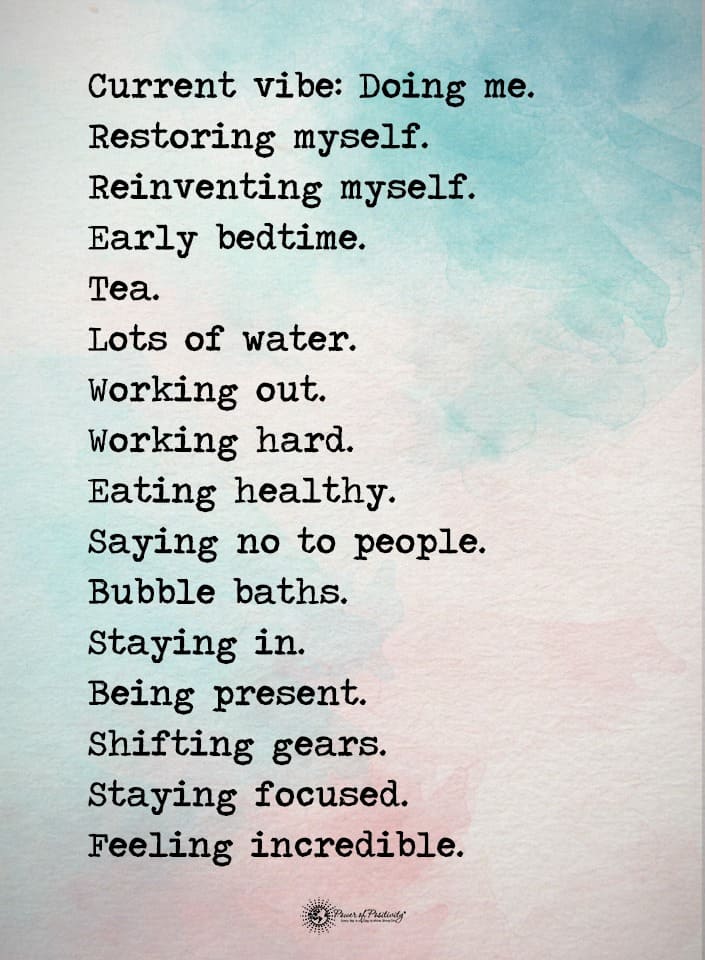Success comes in many forms. Being successful means setting your own goals, and following through. Successful women don’t just wake up one morning and achieve their dreams. It takes effort and commitment. But, the most successful women do have habits that they follow. These are habits that anyone can pick up.
If you’re looking to find success in your life, take a look at how other women achieve their goals.
Here Are 10 Habits Of Successful Women
“Define success on your own terms, achieve it by your own rules, and build a life you’re proud to live.” – Anne Sweeney
1. Educate yourself
Successful women make a habit of educating themselves as much as possible. This doesn’t always mean academic knowledge. Successful women know practical knowledge. She makes sure to ask questions and find answers for herself.
“You’ll get mentally stronger and wiser the more knowledge you accrue. Don’t let yourself get stuck in a rut, either mental or physical. Be curious, aware, and informed about the world,” states Wiki How. Even after you’ve finished school, there’s always more learning to do.
2.Set goals and follow through
Setting goals can be a little overwhelming at first. Successful women practice setting small goals and following through with them. Once goal setting and following through becomes a habit, you can start setting larger goals and know the steps to achieve them. Successful women become successful by following through with their goals, big or small.
3. Keep lists
Lists are a lifesaver for the successful woman. Professional keynote speaker Neen James shares that, “My #1 daily success habit professionally is investing 15 minutes every morning to identify my top 3 not negotiable activities for completion today. I do it every day and write it on a post it note that says ‘Today I will …’ and list my three.”
Writing lists can help with setting goals, but it can also help keep you organized. Good organization is part of every successful women’s habits. Getting organized is one of the very first, and most crucial, steps for success.
4. Stay socially connected
Having a support system is important to the successful woman. Friends and family are important to keep you on track in life. They can help manage stress, and be a sounding board for all of the things in life that overwhelm you. Being successful doesn’t require cutting yourself off from other people. In fact, being connected to other people is going to make success far more likely.
5. Have a schedule
Even your downtime should be scheduled. To be successful, you should always have something to do with your day. Make sure that every hour of your day is blocked off. Then, stick to it. Successful women always know what their day is going to look like the night before. They also always remember to schedule a time to decompress and relax.
Time management expert and author Laura Vanderkam says, “People seem to have this idea that having a full-time job leaves no space for many other things, but clearly that’s not true. It is quite possible to have a more than full-time job and have a very full personal life, too. It’s just a matter of where that time goes.”
6. Challenge yourself
Every day is a new opportunity to challenge yourself and overcome it. Don’t be afraid to try something new. Successful women are always striving to challenge themselves in one way or another. It’s one of the best ways to get better. Don’t be afraid of not overcoming the challenge. The most important thing is that you tried.
7. Manage stress
Success means knowing how to manage stress. Successful author Ciara Conlon states that, “My life takes on a different pace and energy when I stick to my daily meditation habit, I have more clarity and focus and I am able to manage the daily stresses of life much more effectively.”
Successful women have all kinds of healthy coping mechanisms when it comes to staying stress-free. Whether that means meditation, going to the gym, yoga, journaling or something else – staying on top of your stress and managing it well is integral to being a successful woman.
8. Try something new
Successful women don’t stay in the same rut. To become successful, they actively have to step outside of their comfort zone. “Underestimating yourself and playing it safe hold you back from success. When you believe in yourself and your abilities, you often can go beyond the imaginable,” says president for Lead from Within, Lolly Daskal.
Trying something new will make you more comfortable with stepping outside of that comfort zone. Start small: go somewhere new for lunch, and try something you’ve never had before. Before you know it, you’ll be applying for your dream job without any fear.
9. Don’t compare yourself to other women
Other women are not your competition. In fact, other women can be vital to your success. Successful women know this, and they know the power of female friendship and companionship.
“Comparing yourself to other people is limiting. Jealousy and resentment suck the life right out of you; they’re massive energy-stealers. Instead of wasting your energy on jealousy, funnel that energy into appreciation. When you celebrate the success of other people, you both benefit,” adds Dr. Travis Bradberry.
A successful woman never compares herself to another woman in her life. She knows that we’re all on our own paths in life, and some take different roads than others to get to where they’re going.
10. Be kind
Successful women know that the best way to connect with people is with kindness. That connection will contribute to your success in so many ways. Not only will it build a network of people who can help you become successful, it will build emotional connections as well.
“In the business of our busy lives we neglect many of the basic concept of recognition but gratitude gives us fortitude. Gratitude can transform any common day into a thanks giving day and turn routine jobs onto joy and change ordinary opportunities into something we get grateful about,” adds Daskal.
Kindness truly is a virtue and one that brings success to women in all walks of life.
Final thoughts
Success is more than just having money, or doing well at your job. Those can be part of success, but success is about your habits. Successful women know that these habits will serve them well throughout their life.


 1. Sleep Deprivation Causes Memory Issues
1. Sleep Deprivation Causes Memory Issues 8. Sleep Deprivation Increases Your Risk for Developing Cardiovascular Diseases
8. Sleep Deprivation Increases Your Risk for Developing Cardiovascular Diseases Final Thoughts on Effects of Sleep Deprivation on Your Brain and Body
Final Thoughts on Effects of Sleep Deprivation on Your Brain and Body








